International Relations
Relations across the UK, Europe and globally are frequently changing, and have done so across our history. How these relations are recorded, monitored and treated are discussed in the collection of articles and podcasts here. The very concept of international relations is explored as are when boundaries and discussions between states and groups started to matter. What are the procedures, protocols and outcomes of a world according to the history of international relations are all under scrutiny?
Sort by:
Date (Newest first) | Title A-Z
Show:
All |
Articles |
Podcasts |
Multipage Articles
-
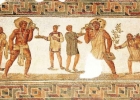
The end of the Roman Empire
ArticleClick to view -

The great British postwar exodus
ArticleClick to view -

The peace treaties of 1919
ArticleClick to view -

The rise and fall of Nauru
ArticleClick to view -

Tourism: the birth and death of the little Welsh town?
ArticleClick to view -

War Plan Red: the American Plan for war with Britain
ArticleClick to view -

We will remember them: well, most of them
ArticleClick to view -

Welsh archers at Agincourt: myth and reality
ArticleClick to view -
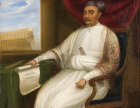
What Have Historians Been Arguing About... the British Empire and the age of revolutions in the global South
ArticleClick to view -
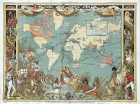
What Have Historians Been Arguing About... the impact of the British Empire on Britain?
ArticleClick to view -
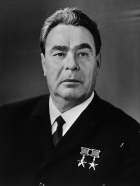
What did ‘Mature Socialism’ mean for the Soviet Union?
ArticleClick to view -
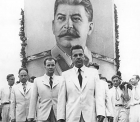
What difference has the opening (and closing) of archives after 1991 made to the historiography of the Cold War?
ArticleClick to view -

What have historians been arguing about... decolonisation and the British Empire?
ArticleClick to view -

What is interesting about the world wars?
ArticleClick to view -

What is interesting about the Cold War?
ArticleClick to view -

What is interesting about the interwar period?
ArticleClick to view -

Who were the Nuns? English Convents in Exile 1600-1800
ArticleClick to view -
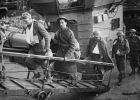
Why was it so important to see Dunkirk as a triumph rather than a disaster in 1940?
ArticleClick to view -
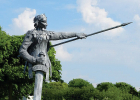
Æthelflæd, Lady of the Mercians, 918-2018
ArticleClick to view -

‘Zulu’ and the end of Empire
ArticleClick to view

